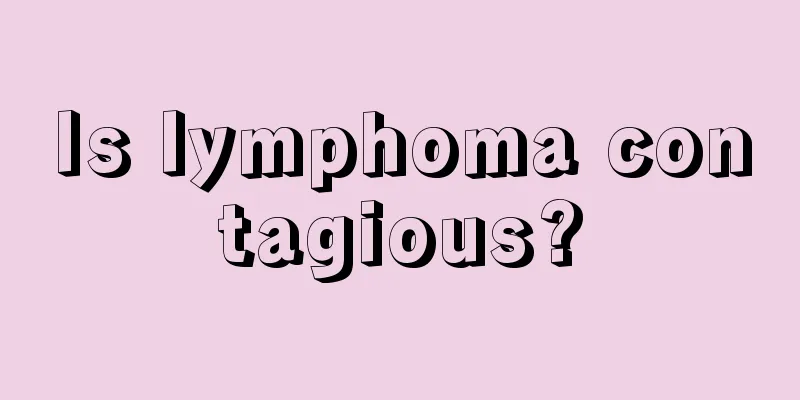What causes arterial embolism?

|
Arterial embolism is a common clinical disease, generally referring to acute arterial embolism. This type of disease has a great impact on people's bodies and may even be life-threatening in severe cases. The main site of arterial embolism is the limbs, and if not treated in time, amputation may occur. The causes of this type of disease are rather complex, and Chinese and Western medicine have different views, so the treatment must also be based on the cause. So what causes arterial embolism? 1. Western medicine believes (1) Smoking: nicotine causes vasoconstriction. (2) Cold stimulation causes vasospasm. (3) Hormone level disorder causes vasodilation disorders. (4) Fungal infection. In addition, after years of observation, many patients had a history of trauma to the affected foot before the onset of the disease. Some of the injuries occurred several years ago, or even more than 10 years ago. Therefore, it is believed that trauma-induced intravascular congestion and chronic persistent infection are also one of the causes of the disease. The above factors cause spasm of small and medium-sized arteries and veins, non-purulent inflammation, and increased blood viscosity, leading to thrombosis and even blood flow occlusion, resulting in impaired blood supply to the extremities. 2. Chinese medicine believes (1) Invasion of cold and dampness causes stagnation of blood vessels. (2) Traumatic blood stasis blocks the blood vessels. (3) Emotional disorders, qi stagnation and blood stasis. The above factors block the meridians, causing poor circulation of Qi and blood, which cannot reach the extremities. The extremities lose the warmth and nourishment of Qi and blood, causing pain, ulceration, and even necrosis, which is the main pathogenesis of gangrene. 3. Pathogenesis There are several theories about the pathogenesis: ① Intimal damage and smooth muscle cell proliferation, cell growth factor release, leading to intimal thickening and accumulation of extracellular matrix and lipids. ② Arterial wall lipid metabolism disorder, lipid infiltration and accumulation in the arterial wall. ③ Chronic mechanical damage caused by shear force caused by blood flow impact at the arterial bifurcation, or certain special anatomical sites (such as the rupture of the adductor canal of the femoral artery). The main pathological manifestations are the appearance of atherosclerotic plaques in the intima, degeneration or calcification of the media, and secondary blood clotting in the lumen, which ultimately leads to stenosis or even complete occlusion of the lumen. Occlusive lesions can be roughly divided into the following types: aortoiliac, femoropopliteal, and multisegmental types involving the aortoiliac arteries and their distal arteries. Ischemic lesions occur in the affected limb, which may cause necrosis of the extremity in severe cases. |
<<: What are the precautions after laser melanin removal
>>: How is biliary cirrhosis treated?
Recommend
What causes dizziness and tinnitus?
What are the problems with dizziness and tinnitus...
The main structure of the renal medulla
Renal medulla is a relatively important substance...
Key points for self-diagnosis of ovarian tumors
Ovarian cysts are a very common ovarian disease. ...
What are the nutritional ingredients of Brazilian pine nuts
Brazilian pine nuts are a kind of snack food. Bra...
The clone becomes harder and bigger inside the body?
Battle of Balls is a popular game. Many people li...
How to remove static electricity in winter
In winter, the weather is relatively dry, so stat...
What's the matter with the white bump on the white of the eye
The white of the eye is also called the sclera. T...
What are the symptoms of stomach cancer
What are the symptoms of stomach cancer? Gastric ...
Arthroscopic treatment of meniscus
Many people choose arthroscopy as a treatment met...
What diseases require hormone injections
Many women are disgusted when they hear about hor...
How to train your voice to sing better?
Many people have a dream of becoming a singer, an...
What is the problem with inflammation of the right lung lobe
Many people do not pay much attention to the heal...
What causes pain in the left lower abdomen?
The abdomen is one of the important parts of the ...
Diagnostic basis for bronchogenic lung cancer
What are the key points for diagnosing primary br...
Can I drink ginger soup if I have constipation
Ginger soup is a very common drink. This kind of ...









